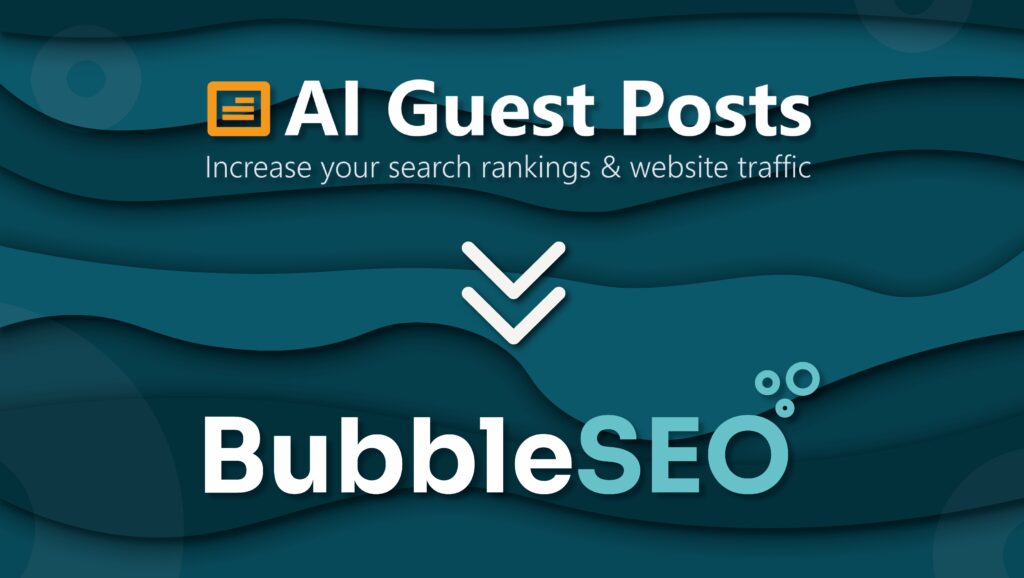
Introduction: The Great Debate It’s a common misconception that SEO and social media work against each other. The opposite is true. If a business can master the relationship between social media and SEO, it can significantly boost brand awareness, drive more traffic, and reach new audiences. Let’s explore how these two powerful tools can complement each other. 1. Social Signals: Do They Directly Affect SEO? In 2015, Google’s John Mueller confirmed that social signals (likes, comments, and shares) are not a direct ranking factor in Google's search algorithm. However, they still play an indirect role in SEO. When your content performs well on social media, it can build your brand’s reputation, drive more people to search for your business directly, and ultimately enhance your organic search presence. 2. Driving Traffic with Social Sharing Social sharing involves distributing your website content across your social media platforms. For example, when a new blog post is published, many companies promote it via an Instagram or LinkedIn post. Benefits of social sharing include: Enhanced visibility and reach Increased user engagement and trust Potential for backlink generation (critical for SEO success) While the impact on SEO is indirect, greater visibility and backlinks from shared content can improve your site's performance on Search Engine Results Pages (SERPs). 3. Boosting Link Opportunities Through Social Media It’s tempting to assume that a viral post automatically improves SEO—but that's not guaranteed. When posts go viral, they sometimes get picked up by reputable sources like news outlets or high-authority blogs, creating valuable backlinks that do influence SEO rankings positively. However, if your viral content is mostly shared by small sites with low domain authority, the SEO benefit will be limited. Plus, viral traffic tends to be short-lived—once interest fades, any SEO boost may also decline unless sustainable strategies are in place. 4. Consistency in Branding & Messaging Maintaining a consistent brand voice across all channels is essential for building strong brand recognition. Social media and SEO together offer a powerful way to ensure your messaging remains unified. For example: If you publish a new blog on Monday, you could promote it via social posts throughout the week. Alternatively, you can repurpose content, highlighting key messages in your social posts and linking back to the blog. This reinforces your brand message, helping customers associate your social media activity and website content as part of one cohesive identity. 5. Influencers & UGC: Hidden SEO Benefits Influencer marketing and user-generated content (UGC) can also impact SEO. UGC—like product reviews, social media shoutouts, and unboxing videos—provides authentic, trustworthy content that resonates with audiences. It can also target long-tail keywords and answer specific user queries, improving your website’s relevance and authority in search results. Encouraging customers and influencers to share their experiences not only boosts trust but can also improve your organic visibility. Conclusion: Two Strategies, One Goal Although social media activity doesn’t directly affect SEO rankings, the indirect benefits are undeniable. Social sharing, brand awareness, backlink opportunities, and UGC all contribute to strengthening your online presence. Rather than seeing SEO and social media as separate or competing strategies, businesses should aim to integrate them wherever possible. Together, they are a powerful combination for growing your brand, expanding your audience, and driving long-term success.












